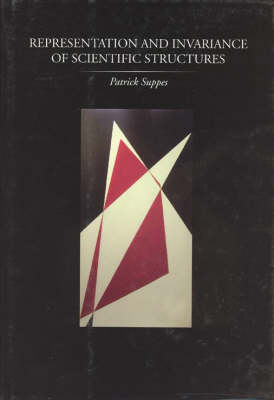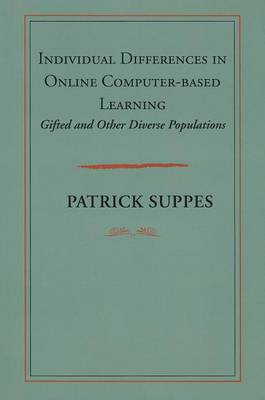Lecture Notes
2 total works
A fundamental reason for using formal methods in the philosophy of science is the desirability of having a fixed frame of reference that may be used to organize the variety of doctrines at hand. This book - distinguished philosopher Patrick Suppes's groundbreaking and essential text - examines how set-theoretical methods provide such a framework, covering issues of axiomatic method, representation, invariance, probability, mechanics and language, including research on brain-wave representations of words and sentences.
Individual Differences in Online Computer-based Learning
by Patrick Suppes
Published 15 October 2013
In 1894 John Dewey established his experimental laboratory school at the University of Chicago, with a focus on teaching each student according to their individual differences. This concept indicated a shift away from the emphasis on communal, classroom teaching, which marked educational practices during the advent of widely available public education in the nineteenth century. With the introduction of computer-based online instruction in schools, curricula are able to be fully informed by individual difference, subtly and quickly tracking students' progress. In these courses, teachers play the role of troubleshooters instead of lecturers. "Individual Differences" examines a large number of studies of computer-based and online instruction, with special attention paid to gifted students in the fields of mathematics, science, technology, and engineering. Other chapters also focus on a wide variety of student populations: deaf students, American Indian rural students, and underachieving, impoverished students.

